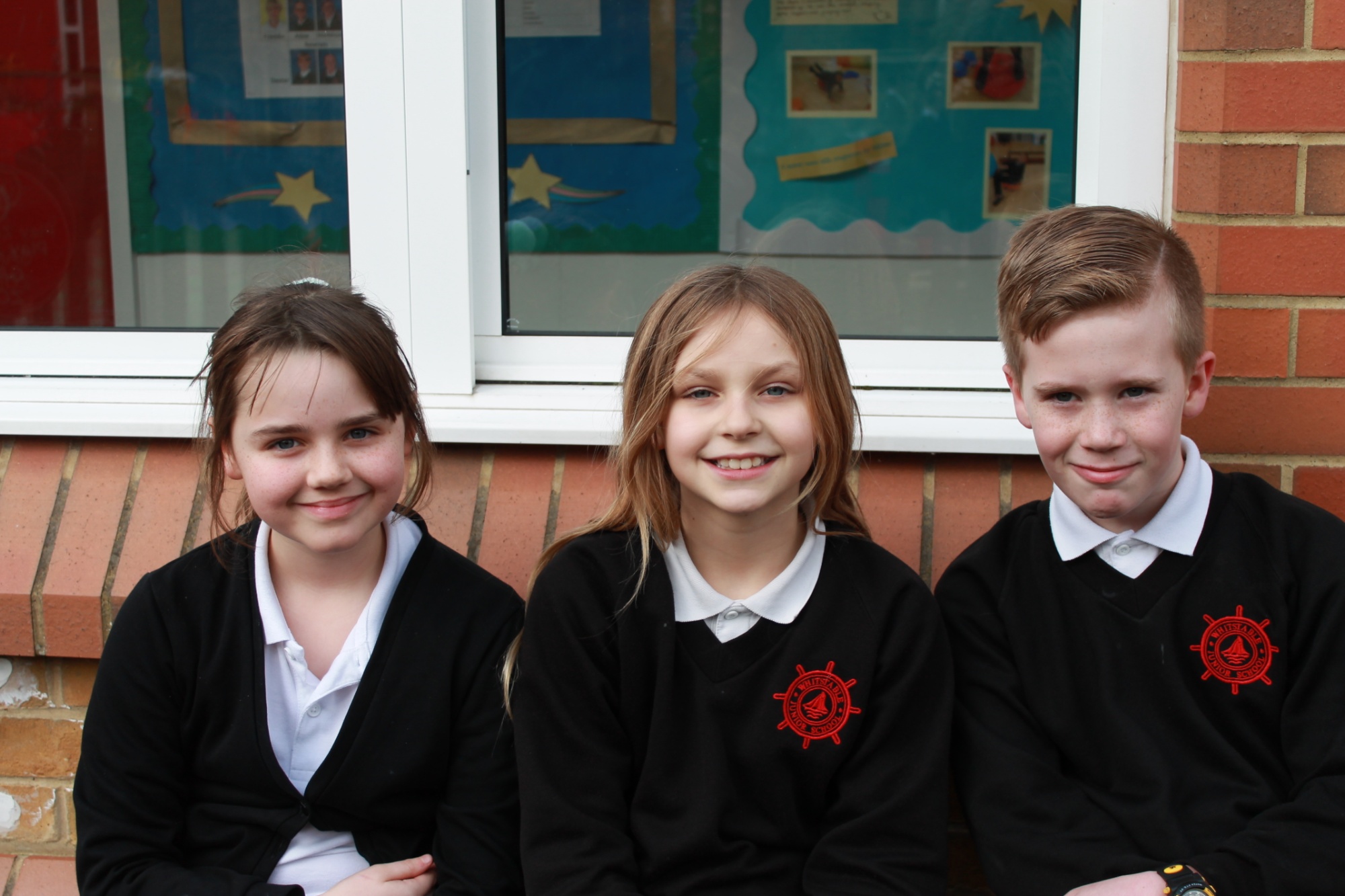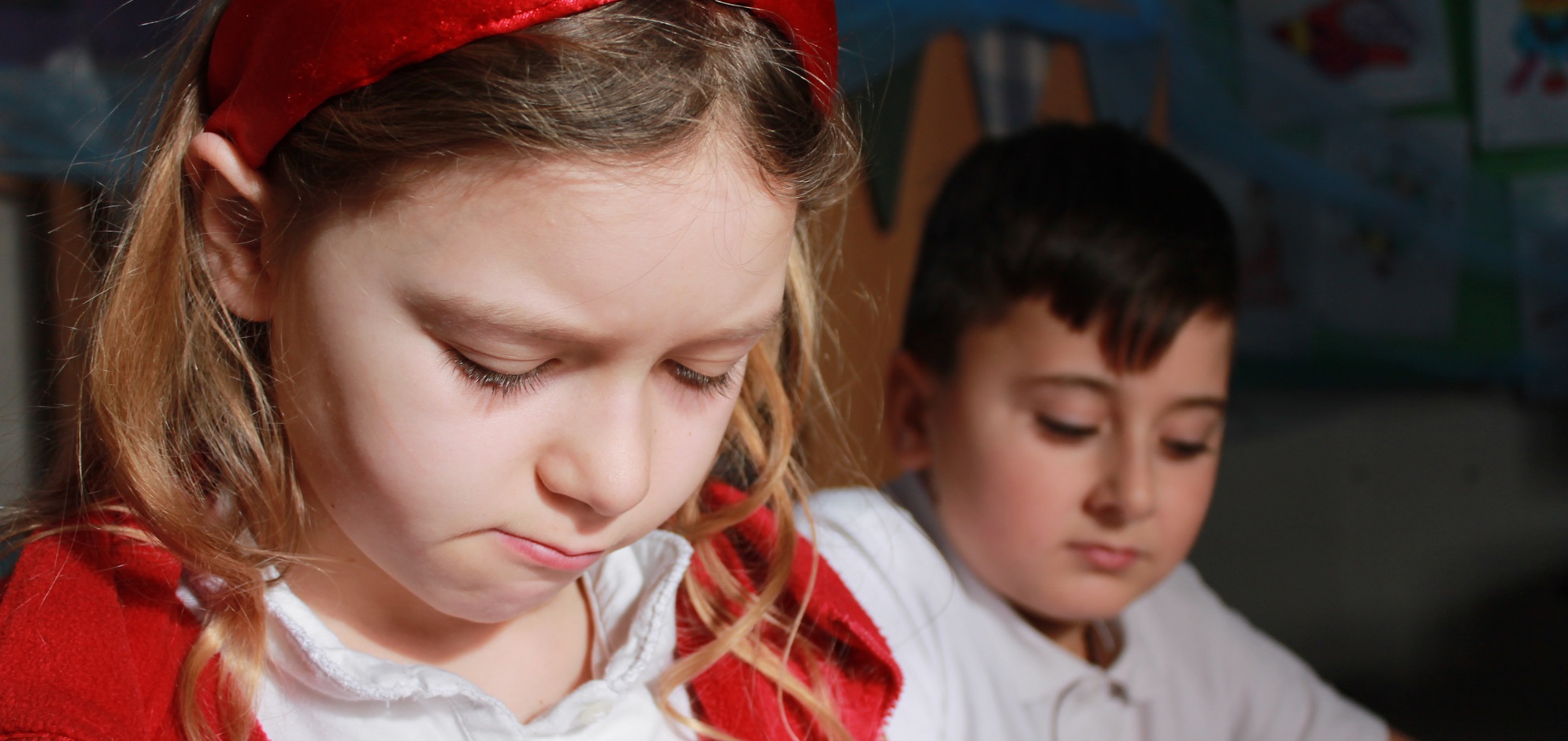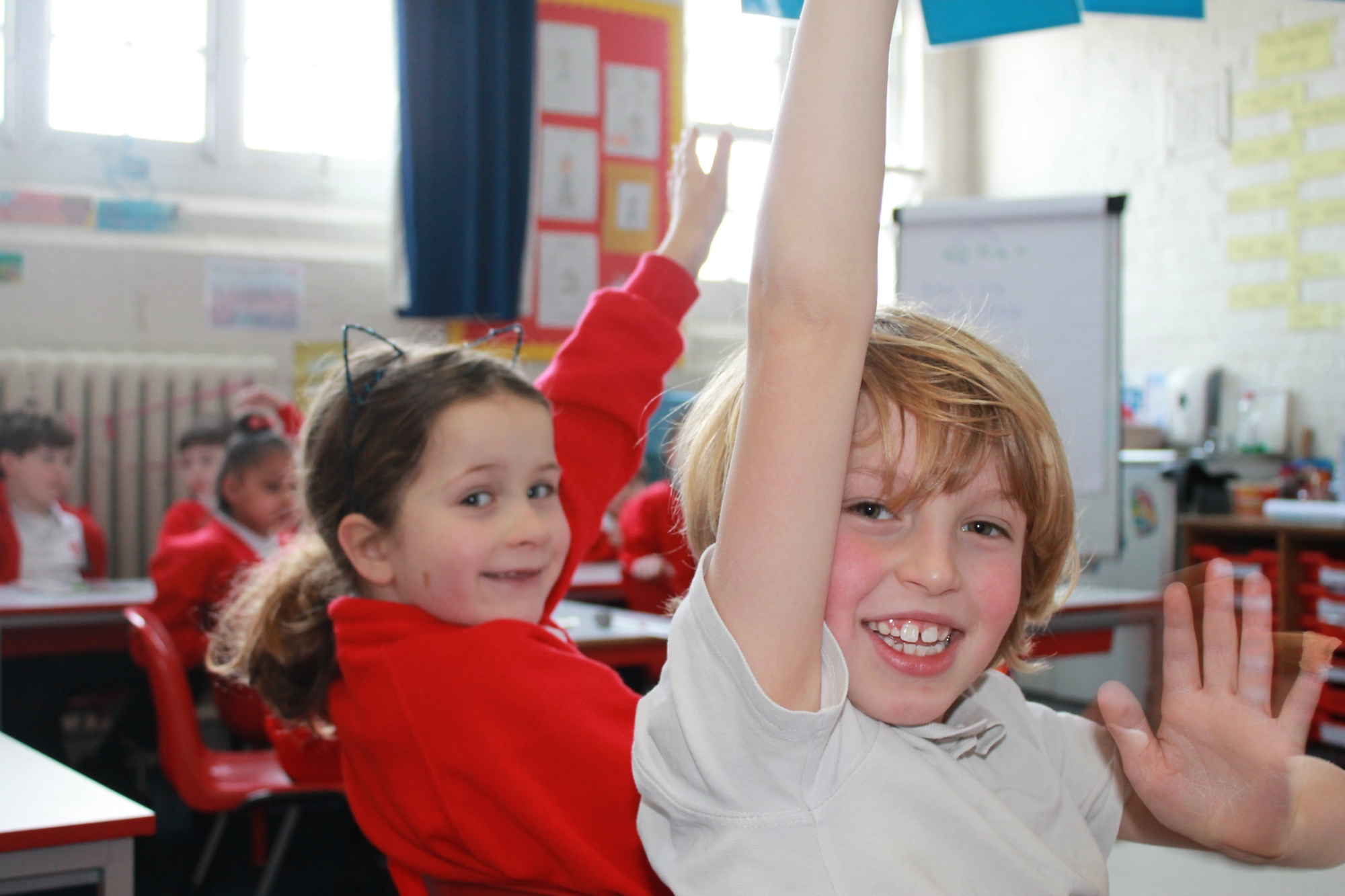Behaviour
At Whitstable Junior School, our behaviour policy is underpinned by three simple but exceptionally important rules: be kind, be safe, be responsible. Throughout the school, we use a relational, consistent approach to dealing with behaviour. All of our adults value the importance of building relationships with all of the children. Trusting relationships encourage healthy attachment, healthy attachments help build a safe environment, safe environments foster risk-taking and exploration which drive learning. Our relational practice is driven by all of the adults in school showing:
-
Understanding,
-
Kindness,
-
Empathy,
-
Modelling the behaviours we wish to see,
-
Listening,
-
Being pro-active in supporting needs,
-
Understanding and managing emotions.
How we teach this to our pupils
The Rules
Instead of reams of classroom rules, corridor rules, playground rules and subject-specific rules, we have narrowed ours down to three that truly encompass everything we expect. In classes and assemblies at the start of the year, we discuss with the children what it is to be kind, be safe and be responsible: what that looks like and what that feels like.
Over the rest of the year, these rules are used to reinforce positive behaviour choices. Primarily we aim to use them to positively notice all the wonderful things the children do but we can also use them as reminders:
“That was so kind!” “Kind words please.”
“How responsible, what a great example.” “What is your responsibility in this situation?”
“Safe choices, well done.” “Was that safe?”
Positive Noticing
Instead of putting a focus on the children struggling to make the right choices, we do our very best to shine a light on those children who are displaying the most wonderful behaviours through positive noticing. We seek out and praise those children making the right choices often. In class, there is a board of brilliance to display the names of those who have worked towards a class target and in assembly our pupil leadership team give house point stickers to those sitting beautifully and making the correct choices.
Further to this, teachers choose children to be noticed during celebration assembly with star of the week cards going home to those who have done something exceptional. Fortnightly, children who consistently make the right choices are picked for hot chocolate with Ms Kent. In addition, teachers do their best to catch parents on the gate or give them a quick phone call to acknowledge the wonderful things children are doing in class.
Zones of Regulation
All of our classes promote the importance of understanding emotions and having the language to describe how we feel through our use of the zones of regulation. In each class there is a display and all children have undertaken lessons to explore each of the zones. We understand that all behaviours are understood to be communicative of an individual’s needs. A curious approach to understanding behaviour is essential. Needs must be understood and met in a compassionate and informed way, rather than seeking to manage and contain behaviours alone, so giving the children the language to discuss their needs is a priority for us.
Wellbeing Team
At WJS we are incredibly lucky to have a fantastic Wellbeing Team who are on hand to support those children who need time to regulate or support with behaviour. They are highly trained and very experienced in providing the support and nurture children need to be successful in class.
Restorative Conversations
If children do make the wrong choices, incidents are always followed up by a restorative conversation. Restorative approaches aim to change the emotional atmosphere and lead to more positive relationships between pupils and between pupils and staff. During restorative conversations, adults do their utmost to ensure they are providing the children with a voice to explain and explore their actions and the impact or consequences. All restorative conversations end with an opportunity to repair any harm – be that emotional or physical.
Our restorative conversations are underpinned by a set of key questions which can be adapted for the children and the situation:
What happened?
What were your thoughts at the time?
What have been your thoughts since?
Who has been affected by what happened?
How have they been affected?
What do you need to happen now?
We firmly believe that restorative practice conversations provide a safe space for students to fix their mistakes and return to their classes strengthened.











